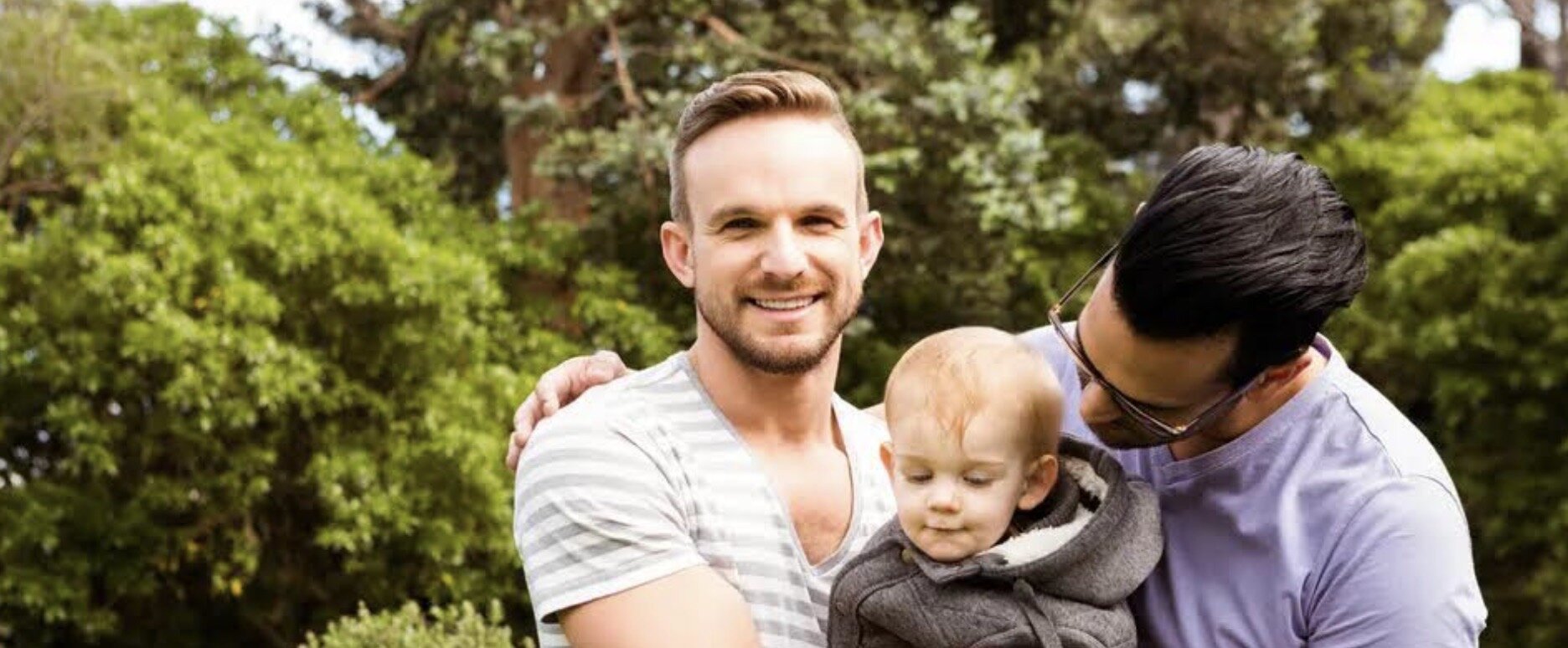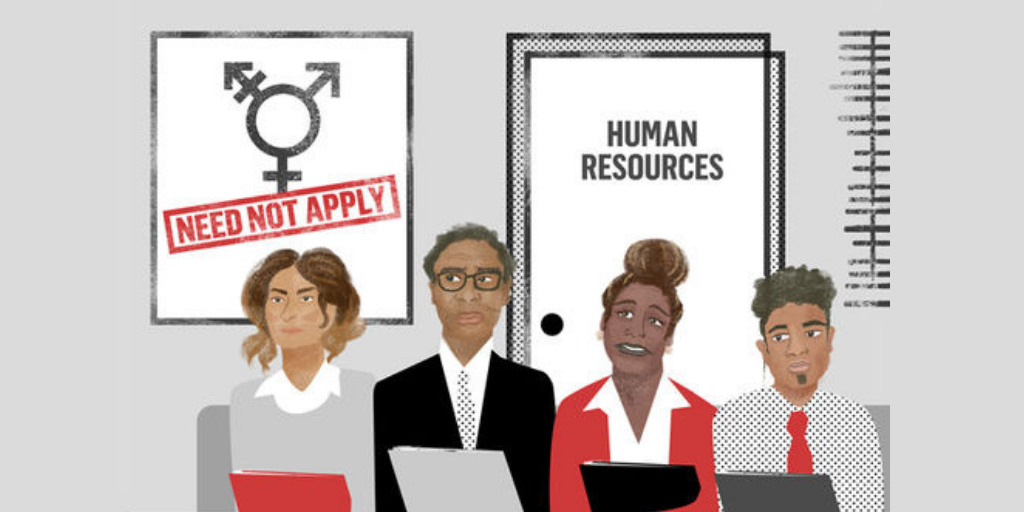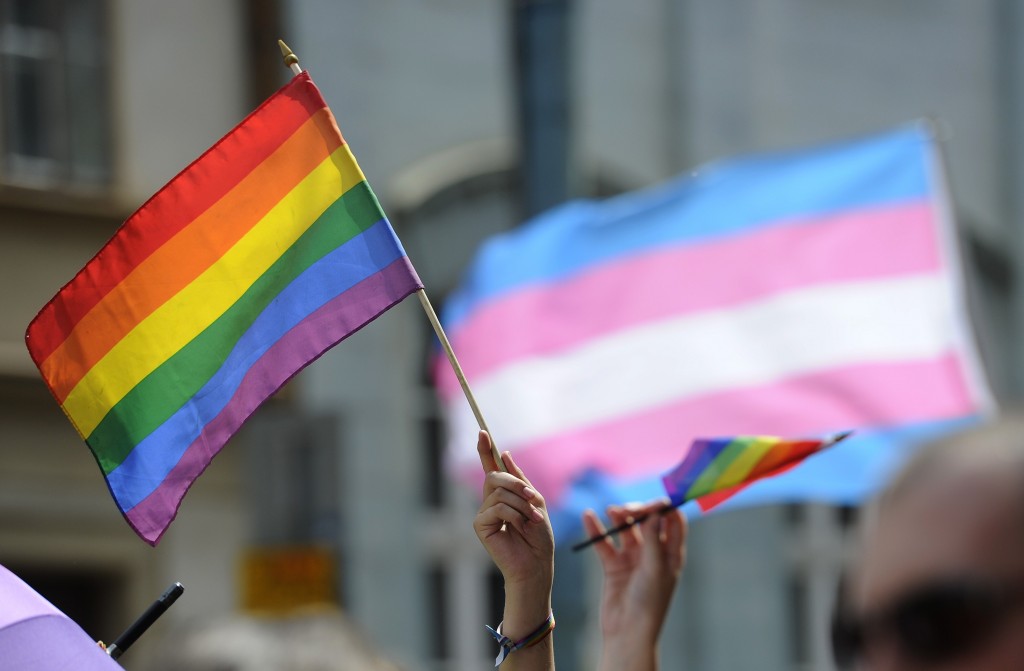Impact Fund & Amici to Florida Court of Appeals: Local Non-Discrimination Ordinances Must Be Respected
David Nahmias, Law Fellow
Since the 1970’s, cities and counties across the country have stood at the forefront of efforts to protect LGBTQ people from discrimination. Just over forty years ago, the battle over anti-discrimination protections in Miami-Dade County, Florida, galvanized the gay and lesbian rights movement and helped fuel a national conversation around equal rights. Today, hundreds of local governments across the country have adopted laws prohibiting sexual orientation and gender identity discrimination in employment, housing, and public accommodations, often in the absence of state laws that protect LGBTQ people.
Back in Florida, a fight is raging about the enforceability of local non-discrimination ordinances. The spark is a state court case that itself has little to do with LGBTQ equality, but the outcome could have significant consequences for civil rights in the state. Two women, Anita Yanes and Brittney Smith, were denied entry to a strip club in Orlando because of the club’s policy prohibiting entry to women unless a man accompanies them. Yanes and Smith filed a lawsuit in Florida state court, alleging that the club’s policy violated the Orange County Human Rights Ordinance, which prohibits discrimination because of sex, as well as a number of other protected characteristics. In a short order, the court declared that the Orange County ordinance conflicted with the Florida Civil Rights Act, which also prohibits sex discrimination in places of public accommodations, and that the state law preempted—that is, superseded and invalidated—the county law. The court dismissed their claim. The plaintiffs subsequently appealed the decision to Florida’s Fifth District Court of Appeal.
A diversity of local human rights ordinances across the state prohibit discrimination against vulnerable groups that are not protected by state law, including LGBTQ people, elderly tenants, veterans, survivors of domestic violence, and workers at small businesses.
The decision nullifying the Orange County Human Rights Ordinance alarmed civil rights advocates across the country. A broad ruling by the appellate court affirming the decision could threaten the validity of local non-discrimination ordinances throughout the state. Florida is one of twenty-six states that does not prohibit discrimination against LGBTQ people at the state level. In the absence of state protections, twelve counties and twenty cities in Florida have enacted local non-discrimination ordinances that explicitly forbid sexual orientation and gender identity discrimination in employment, housing, and public accommodations, and five additional cities offer partial protections. Altogether, sixty percent of Floridians (over twelve million people) live in cities and counties protected by LGBTQ-inclusive ordinances, including people in the state’s most populous communities.
Orange County is one such local government that explicitly enumerates sexual orientation and gender identity as protected characteristics in its human rights ordinance. When the trial court invalidated the ordinance, it undermined crucial protections for LGBTQ people in the county, which covers the city of Orlando and its world-famous resorts and destinations.
Read the brief.
That’s when the Impact Fund stepped in. Today, we filed an amicus brief in the Florida court of appeals along with the National Center for Lesbian Rights, Equality Florida, and civil rights firm Cohen Milstein Sellers & Toll PLLC. We were joined by additional organizations representing LGBTQ people, workers, women, and other concerned communities. Our brief documents the ongoing discrimination faced by LGBTQ people, people of color, people with disabilities, and older people in Florida. It also describes the diversity of local human rights ordinances across the state that prohibit discrimination against vulnerable groups that are not protected by state law, including LGBTQ people, elderly tenants, veterans, survivors of domestic violence, and workers at small businesses.
Our brief emphasizes the power of local governments to guarantee the health and safety of their communities through local legislation. As Jon Harris Maurer, the public policy director of the Equality Florida, told the Orlando Sentinel, “For decades, Florida Supreme Court case law has established that local governments are well within their authority to enact nondiscrimination ordinances.” The Impact Fund and our allies are proud to defend the legitimacy of these laws. Given the current uncertainty around federal non-discrimination protections, it is more crucial than ever to support local governments in their commitment to ensuring equality for LGBTQ people and all vulnerable communities.
UPDATE 7/24/20:
Victory! The Florida Court of Appeal, Fifth Appellate District, today ruled in our favor and reversed dismissal of the case, sending it back to the trial court. In a unanimous decision by Chief Judge Kerry Evander and joined by Judges Richard Orfinger and Brian Lambert, the court held that the defendant had improperly failed to join Orange County as a party to the lawsuit in its motion to dismiss in the trial court proceedings. Under Florida law, any challenges to the validity of a local law or ordinance must join the relevant county or municipality as a party to defend the law. The court declined to weigh in on the merits of the case—that is, whether the Orange County Human Right Ordinance is preempted by the Florida Civil Rights Act. [Note: Defendants are appealing the decision for rehearing by the full appeals court and/or to certify the question to the Florida Supreme Court.]
Impact Fund, Equality Florida, and National Center for Lesbian Rights are grateful to be supported by fellow amici:
· National Center for Lesbian Rights
· Cohen Milstein Sellers & Toll PLLC
· ADL
· Florida National Organization for Women
· League of Women Voters of Florida










